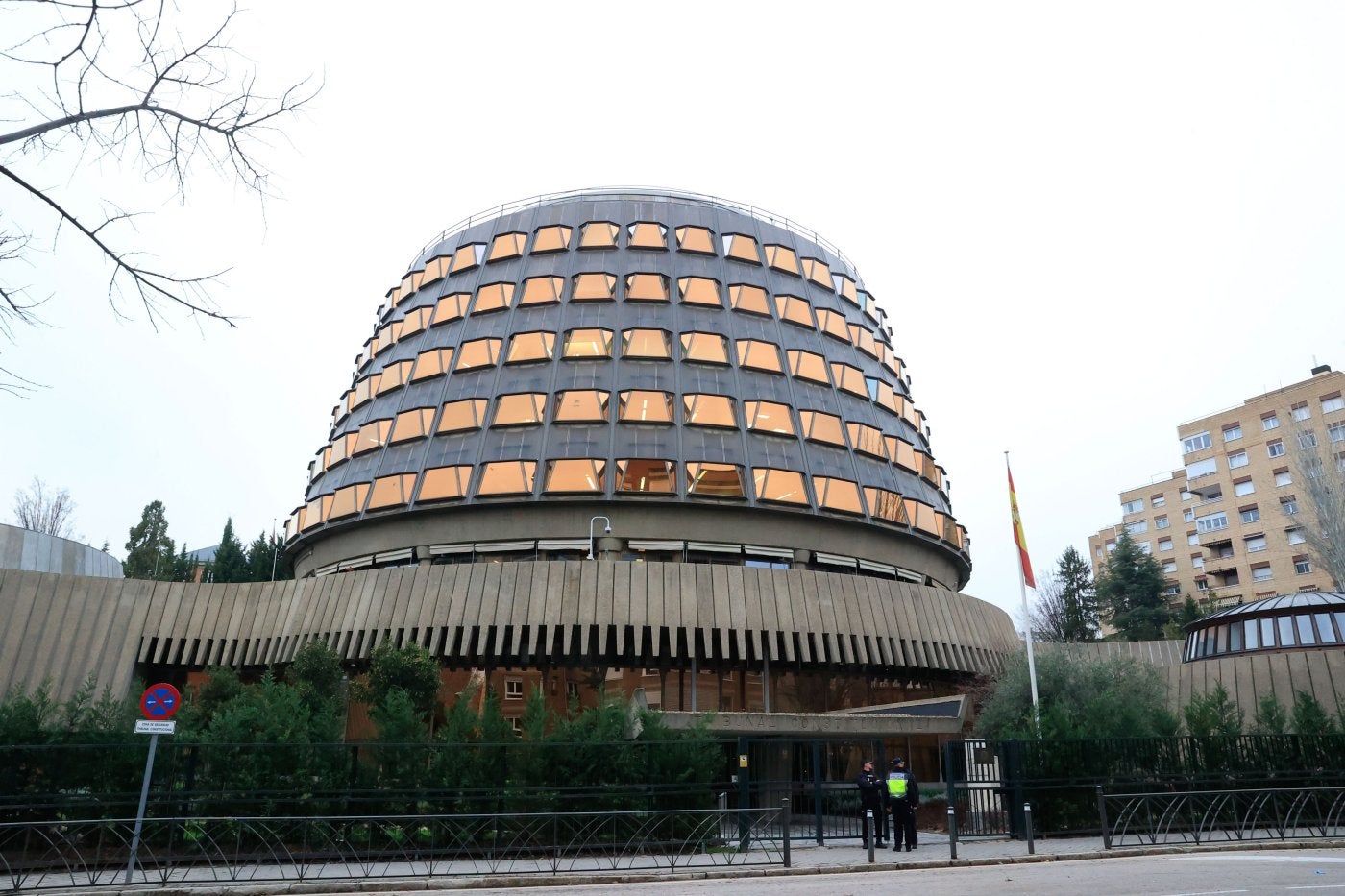A tangled mess
THE EURO ZONE ·
MARK NAYLER
Friday, 23 December 2022, 13:04
There was further evidence of Spain's political polarisation this week, when the Popular Party (PP) blocked Pedro Sánchez's attempt to end the four-year deadlock over the makeup of the Constitutional Court - by appealing to the Constitutional Court. The whole affair is as inextricably tangled as a bundle of Christmas lights, fresh out of the box after eleven months of storage.
An indignant Sánchez pointed out that the court's decision "has no precedent... in Europe's institutional spaces". But that's because hardly any other European countries have a political landscape as fractured as Spain's. Germany, for example, operates a similar system for electing judges to its Federal Constitutional Court (a two-thirds parliamentary majority is required for new appointments), but has never experienced much trouble in doing so.
Spain, of course, is no stranger to political deadlocks. For almost all of 2016 it had no government, after an explosive general election ended the two-party system. The only comparable country in this respect is Belgium, which has had two periods with zombie administrations: the first lasted a record 589 days between 2010 and 2011 and the second broke that record, finally coming to an end in late 2020 after almost two years of fruitless negotiations.
A dizzying circularity characterises this week's development. In seeking to prevent another move which the PP says is symptomatic of Sánchez's obsession with "controlling our state institutions", the Conservatives had to appeal to the... judicial body under question! The Constitutional Court, in turn, had the opportunity to rule on legislation that directly impacts its future, and which may have resulted in a left-leaning panel (although that should be irrelevant: political beliefs aren't supposed to affect the Court's decisions). The executive and judicial arms of the Spanish government, it seems, have collapsed into a single body - one curiously unable or unwilling to self-examine.
Whether or not the Court ruled out of self-interest, its decision seems to be correct. Lowering the voting threshold might have ended the current freeze over electing new judges; but it would also have enabled Spain's two biggest parties to dominate the selection process and thus to control the make-up of the Constitutional Court.
Then there's that maddening circularity. If Sánchez's proposal was flawed, so too was the process by which it was blocked - i.e. by a PP-dominated Court, long past its expiry date, essentially ruling on its own future. In the resulting, absurd, situation - which looks set to continue well into 2023 - a technically expired CC is prolonging a deadlock that undercuts its credibility. Spain's cross-armed politicians, who love nothing more than an epic stand-off, were perfectly capable of doing that by themselves.
